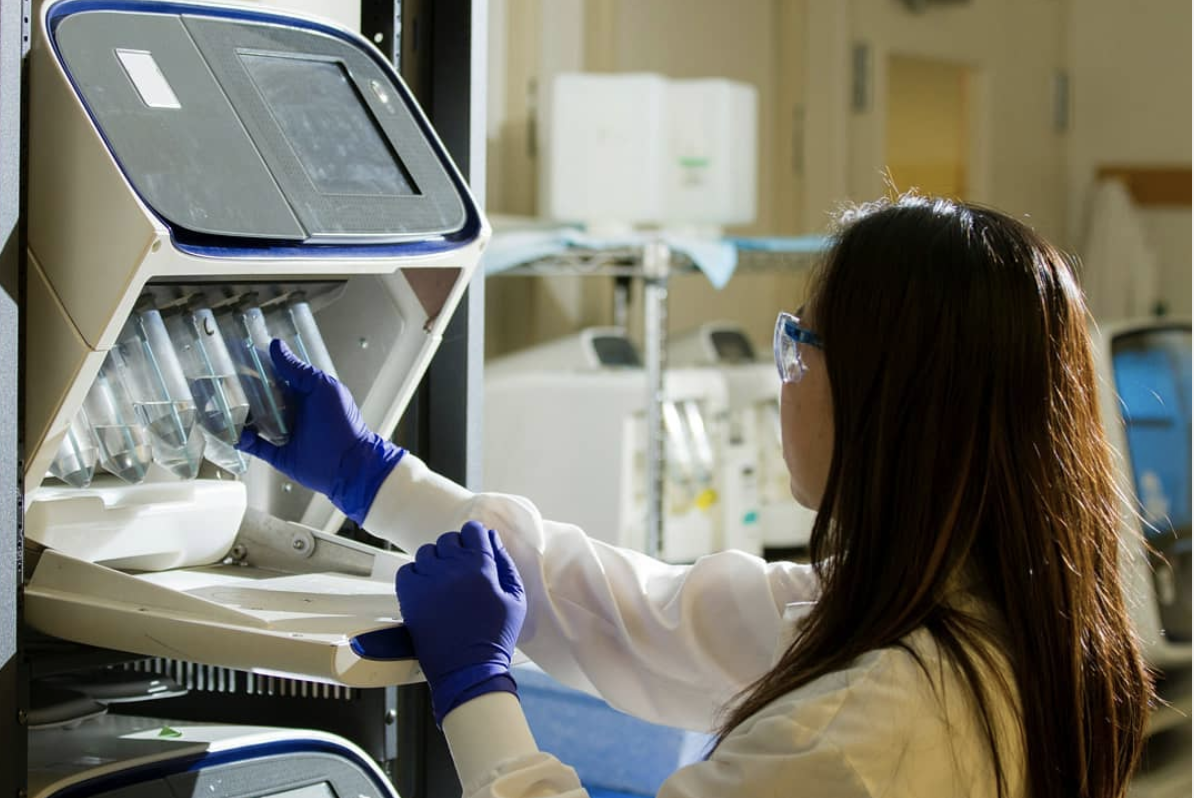![]()
Thousands of women choose science as their field of study every year. Olivia Lawler, senior biology major at John Brown University, said, “I decided to study science because of my dad who has Parkinson’s disease. I felt like I needed to learn how the body works to, in some way, help find a better treatment for people who suffer similar conditions.” A 2014 study by the National Center for Education Statistics showed that women dominate the total number of persons with bachelor’s degrees as well as those in STEM fields.
The inclusion of women in STEM fields has not been the only significant change in these particular areas of study over the years. In 2009, a study conducted by the Pew Research Center for the People & the Press showed that over half of scientists (51%) believe in some form of deity or higher power, 33% affirming they believe in God. Among prominent Christian scientists in the modern era are Francis Collins, the director of the National Institutes of Health and former director of the Human Genome Research Institute, and Father Andrew Pinsent, who is a Catholic priest and researcher in energy physics.
However, the number of Christian women has yet to increase in STEM fields. A recent article published by Christianity Today aimed to explain the reasons behind this gap. In a pool of 1,989 female biologists and physicists, only 7% of the sample claimed to be Christian. Even though nearly a quarter of U.S. scientists identify as Christians as of 2020, Christian women do not make up even half of that percentage.
Kim Murie, assistant professor of education with an emphasis in science at JBU, explained potential barriers for women when pursuing science. “From very young ages, girls also get excited about science,” Murie said, “but if you don’t plant the idea on their minds that science is something they can actually do, there is always going to be that one girl in an AP physics class who feels awkward being surrounded by all boys.” In fact, 2018 data from the National Science Foundation shows that girls express interest in science at levels equal to boys, but, once in college, women drop out of science careers at higher rates than men.
Anna Carlson, senior biology major, said that expectations for women can affect their decision to pursue careers in science. “Growing up, I was always told that girls were better at reading and listening and that boys were better at math and science,” Carlson said. “There is still this expectation that women should eventually get married and quit their jobs to take care of the kids.” Indeed, women in science are less likely than male scientists to be married with kids, according to Christianity Today.
In addition to the societal pressures exerted on women, oftentimes, the lack of representation can lower a woman’s confidence to pursue science in higher education. Patricia Morales, a 2019 JBU alumna from Nicaragua, experienced some roadblocks while pursuing a degree in mathematics. “The hardest part was to believe in myself,” she said. “This tracks back to the lack of representation in the field. It matters everywhere, and I cannot stress this enough.” Morales has advocated for diversity in science through projects like her senior year photo gallery, “How a scientist looks like.” Morales believes that representation is key for encouraging girls to consider science as a career. “The thing with representation is that it presents girls with a possibility,” she said. “Think of it as a source of inspiration and motivation for kids.”
In addition to narrowing the gender gap, representation of Christian women in science is still considered to be low. Nevertheless, Christian women who pursue science are motivated in part by their faith, according to Christianity Today. “I study science not to try to prove God’s existence,” Lawler said. “I study science to glorify God with everything I research.”
So, if faith is a key factor to pursue science, why are some Christian women refraining from exploring these fields? Carlson explained that, on top of social pressures that women already endure, the church can also be discouraging for Christian girls who have an interest in science. “There are a few people within my church who definitely did not approve of women going into science fields,” she said. “Whenever I would state that I was going to major in biology, they were always pushing me about it.” Furthermore, according to Christianity Today, 88% of Christian women face discrimination in the workplace, which discourages girls from majoring in STEM fields.
“A vocal Christian male who is a scientist probably feels pushback from both the Christian community and the scientific community,” Murie said. “Then you put a Christian female who is a scientist in the same position, and the pushback will be even stronger.” However, Murie, as a teacher of science education, highlighted the importance for Christian girls to be encouraged to pursue science despite the obstacles. “It is a priority to make sure that girls feel included,” she said. “It is important just for any Christian to be in science because it is about understanding the amazingness of God.”
Morales, who now works as a mathematics teacher at an elementary school, also said that Christian girls should not feel scared to put their faith to test. “If you love science, get that degree—research everything—because me and thousands of other women in science got your back.”
Photo courtesy of The National Cancer Institute





